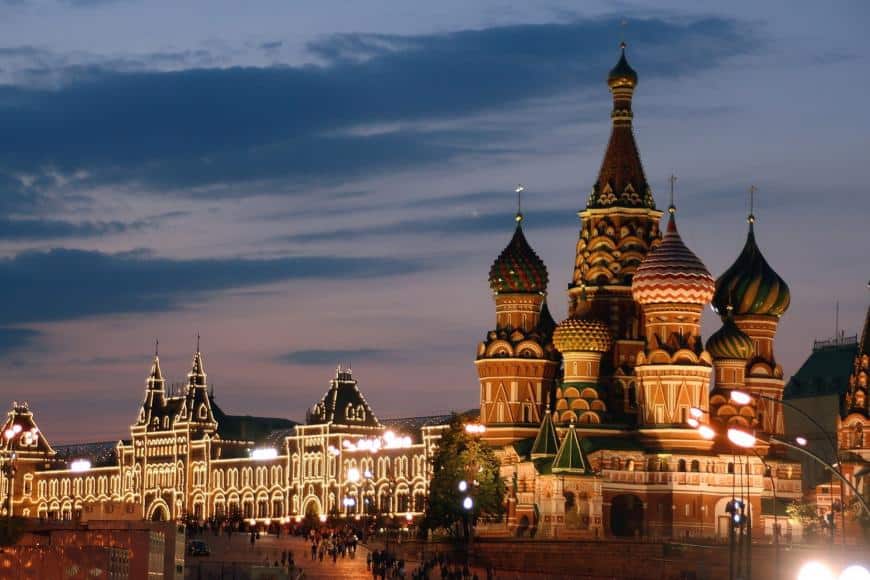Bitcoin Sites Axed in Russia
The Russian Government has had its hands full with the tumbling Ruble and declining oil prices. Bitcoin, which could be a solution in these troubled times, is being censored by the Russian government.
Roskomnadzor is a Russian federal executive authority that is entitled to carry out permitting and licensing of activities. Their responsibility consists of overseeing the media which includes, but is not limited to; electronic media, mass communications, information technology and telecommunications.
Roskomnadzor has prevented access to several Bitcoin information and resource sites in relation to a court ruling on the 30th September 2014. According to online sources, it is in an effort to prevent a “shadow economy.”
The court ruling in September attempted to tackle the growing interest of digital currencies in Russia. Officials have advised that criminal proceedings and fines will soon take place for those who mine cryptocurrency and others who use them for transactions.
The cryptocurrency sites blocked include Bitcoin.org the community resource of the Bitcoin Foundation, Bitcoin.it the wiki of Bitcoin, BTCsec.com the Russian language security site, Indacoin a London based exchange and Coinspot.ru the Russian Bitcoin community site. In addition to censoring Bitcoin, other sites that speak out against the Kremlin including EJ.ru and Grani.ru have also had access by Russian based IP’s removed. The withdrawal of access to these websites, and others in the future, is to be dictated by prosecutors without the requirement of a court decision.
The law to block internet websites came into effect last February. At the same time Russia’s Prosecutor General’s Office came out against cryptocurrency in saying, “Russia’s official currency is the ruble. The introduction of other types of currencies and the issue of money surrogates are banned.”
The justification from the government, for issuing the upcoming ban, is the prevention of money laundering, the purchase of illicit goods, providing illegal services and funding terrorism. The decentralization of Bitcoin raises concerns for those making the calls, as there is not a ‘go to’ person responsible for the industry. Bitcoin’s volatility also played a role, as the Russian government believe the ban will protect people from losing too much money.
“People can play with their chips, and they can call them money, but they can’t use these surrogate currencies as tender.”
— – Deputy Finance Minister Aleksey Moiseev.
Over the last two months the ruble has not performed well. The Russian economy is heavily reliant on oil prices, and oil traded under $60 per barrel in December. Russia is feeling the pressure. The people are attempting to conserve their wealth by purchasing other currencies such as the Euro, Yuan, and of course Bitcoin.
In the midst of the Russian ruble’s swift decline, Bitcoin saw an astounding spike in Russia, on the 16th December. According to bitcoincharts.com the average of 230 transactions, jumped to a whopping 819 in a single day.
Russia, should they follow through, will become the third country to place a ban on cryptocurrency, the other two being Bolivia and Ecuador. In stark contrast, Ecuador has entertained the idea of creating a National currency inspired by the cutting edge technology.
The Russian Ministry of Economic Development does not support a future ban. It is believed that the ban will hit major telecom operators, retailers and banks, as the future law lacks precision. As it stands it will also affect other cash equivalents such as loyalty programs, which many companies rely heavily on in their marketing campaigns.
"The proposed draft regulation act doesn’t solve any tasks assigned, but only serves to create legal barriers to the implementation of marketing programs of businesses and business development in general,"
— – The Russian Ministry of Economic Development
Should Russia decide to press the stop button on cryptocurrency, the economic powerhouse could really set themselves back in the world of innovation. The bill is due to come into full effect during the first quarter of this year, unless alterations are agreed upon and resubmitted.

Don’t miss out – Find out more today



